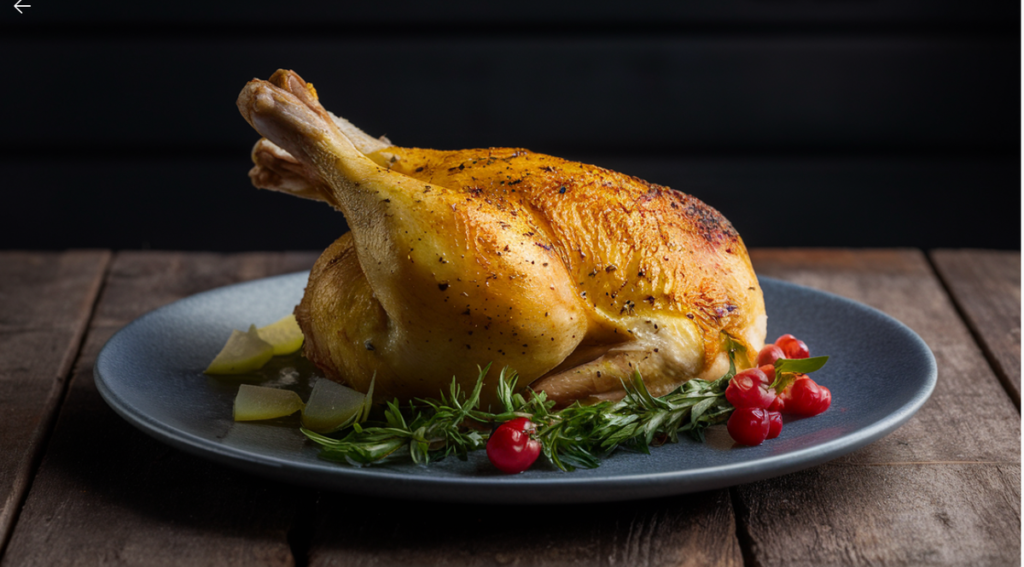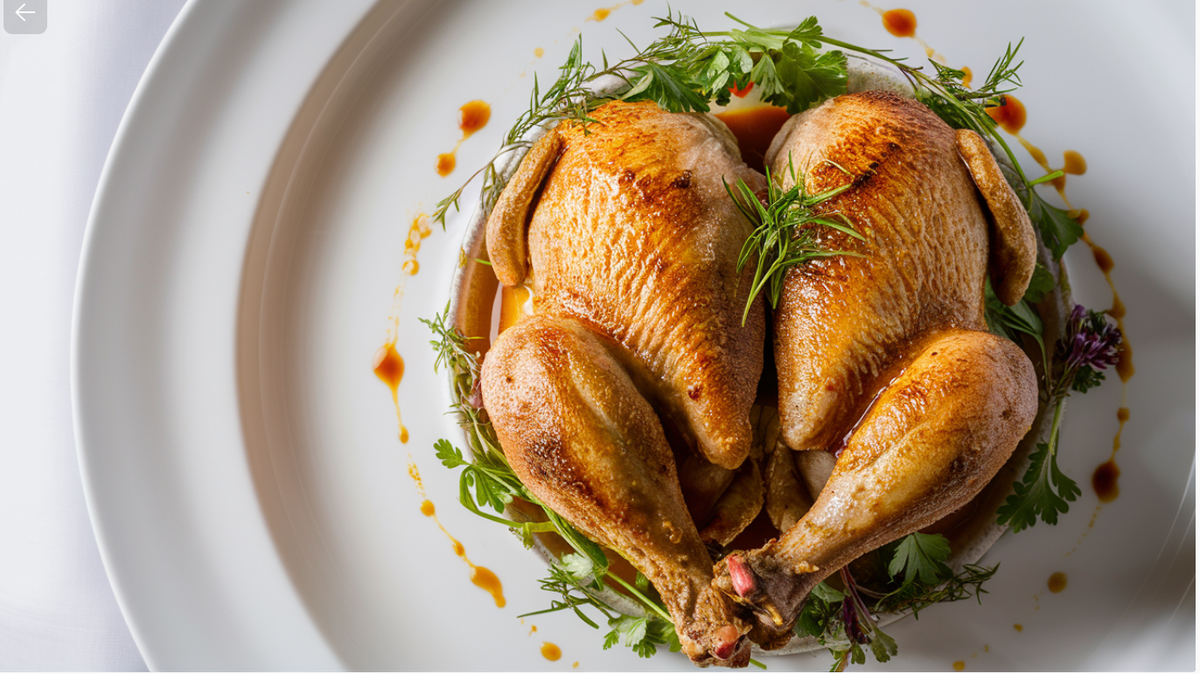Raising chickens can be an incredibly rewarding experience, whether you’re doing it for fresh eggs, meat, or simply the joy of keeping animals. Ensuring you know how to feed chickens correctly is one of the most critical aspects of raising healthy birds. Feeding chickens involves more than just throwing some grain into the coop; it requires understanding their dietary needs, recognizing the different types of feeds available, and knowing how to adjust their diet based on age, breed, and purpose.
In this comprehensive guide, we will explore everything you need to know about feeding chickens, including the types of feed available, feeding schedules, nutritional requirements, and tips to keep your flock healthy and thriving.
Understanding the Nutritional Needs of Chickens
Before diving into the specifics of what and how to feed your chickens, it’s essential to understand their basic nutritional needs. Chickens require a balanced diet rich in proteins, carbohydrates, fats, vitamins, and minerals to grow and produce effectively.
Protein
Protein plays a crucial role in the growth and development of chickens, particularly in young chicks and laying hens. It aids in the formation of feathers, muscle development, and egg production. A standard layer feed typically contains around 16-18% protein, while chick starter feed is higher in protein content, around 20-24%, to support rapid growth.
Carbohydrates
Carbohydrates provide the energy chickens need for their daily activities. Grains like corn, wheat, and barley are excellent sources of carbohydrates. However, it’s important to balance these grains with other nutrients, as an excess of carbohydrates without sufficient protein can lead to obesity and poor health.
Fats
Fats are a vital part of a chicken’s diet, providing concentrated energy and aiding in the absorption of fat-soluble vitamins like A, D, E, and K. Natural feed ingredients such as corn and soybean meal supply the necessary fats. Typically, commercial feeds include adequate fat content, so additional supplementation is rarely necessary unless recommended by a veterinarian.
Vitamins and Minerals
Vitamins and minerals are critical for the overall health and productivity of chickens. Vitamins like A, D, and E are essential for egg production, bone health, and immune function. Calcium and phosphorus, among other minerals, are particularly important for laying hens to ensure strong eggshells. You can provide calcium through oyster shells or crushed limestone.
Water
Water is an absolutely vital component of a chicken’s diet. Chickens must have constant access to clean, fresh water, as dehydration can lead to rapid declines in health and productivity, especially in hot weather. Regularly cleaning waterers helps prevent contamination.
Types of Chicken Feed
With a solid understanding of chickens’ nutritional needs, let’s explore the different types of feed available.
1. Chick Starter Feed

Chick starter feed is specially formulated for young chicks, typically from day one up to six weeks of age. This feed is high in protein (about 20-24%) to support rapid growth and development. You can find chick starter in both medicated and non-medicated forms. Medicated starter feed includes a coccidiostat to prevent coccidiosis, a common parasitic disease in young chicks.
2. Grower Feed
Once chicks are about 6-8 weeks old, they should be transitioned to grower feed. This feed contains slightly less protein (around 16-18%) than starter feed, which supports continued growth without encouraging the rapid weight gain that could lead to leg problems.
3. Layer Feed
Layer feed is designed for hens that are actively laying eggs. It contains about 16-18% protein and higher levels of calcium to support eggshell production. Pullets (young hens) should start on layer feed when they begin laying, usually around 18-20 weeks of age.
4. Broiler Feed
Broiler feed is intended for chickens raised for meat rather than eggs. It is typically higher in protein (around 20-24%) to promote rapid growth. Broiler feeds are also formulated to support healthy weight gain without excessive fat accumulation.
5. Finisher Feed
Finisher feed is given to meat chickens in the final weeks before processing. It usually contains a balanced mix of proteins and energy sources to ensure the chickens reach their optimal weight without compromising their health.
6. Scratch Grains
Scratch grains are a mix of cracked corn, barley, oats, and wheat. These grains are not a complete feed but can be offered as a treat. Scratch grains are a great way to encourage natural foraging behavior, but they should only make up a small portion of the diet because they lack essential nutrients.
7. Mash, Pellets, and Crumbles
Commercial chicken feed is available in different forms: mash, pellets, and crumbles. Mash is the most basic form, a loose, powdery feed that can be a bit messy but is easy for young chicks to eat. Pellets are compressed mash into small, dense pieces that are easy to handle and reduce waste. Pellets are ideal for adult chickens. Crumbles are simply pellets broken down into smaller pieces, which makes them easier for younger chickens to consume while still reducing waste compared to mash.
Feeding Schedules and Quantities
The amount of feed your chickens need can vary depending on their age, breed, and purpose (laying eggs, producing meat, or as pets). However, here are some general guidelines to help you determine the right feeding schedule and quantities.
Feeding Chicks (0-8 Weeks)
Chicks should be fed chick starter feed ad libitum, meaning they should have constant access to feed. They eat small amounts frequently, so it’s important to ensure their feeders are always stocked. On average, a chick will consume about 1-2 pounds of starter feed per week.
Feeding Pullets (8-20 Weeks)
As chicks grow into pullets, they can be transitioned to grower feed. They can still be fed ad libitum, but you may start to notice they eat slightly less frequently than when they were younger. Pullets will consume around 2-3 pounds of grower feed per week.
Feeding Laying Hens (20 Weeks and Beyond)
Laying hens should be fed layer feed once they start laying eggs, typically around 18-20 weeks of age. Each hen will consume about 1/4 to 1/3 pound of feed per day. It’s important to provide additional calcium sources, like oyster shells, free-choice, to support strong eggshells.
Feeding Meat Chickens (Broilers)
Broilers are fed a high-protein diet to encourage rapid growth. They should be given broiler feed from about 2 weeks of age until they reach their target weight. Broilers can consume up to 1 pound of feed per day, depending on their age and breed. As they approach processing age, switching to finisher feed can help improve meat quality.
Supplemental Feeding
In addition to commercial feeds, chickens can benefit from various supplements and treats that enhance their diet and provide enrichment.
Grit
Chickens do not have teeth; they rely on grit to help grind up food in their gizzards. Grit is essential for digestion, especially if your chickens are free-ranging or if you are feeding them whole grains. Provide grit free-choice in a separate container so chickens can take what they need.
Calcium
Laying hens require extra calcium to produce strong eggshells. While layer feed contains added calcium, it’s a good idea to provide a supplemental source, such as crushed oyster shells or limestone, available free-choice.
Fresh Vegetables and Kitchen Scraps
Chickens enjoy a variety of fresh vegetables and kitchen scraps, which can provide additional nutrients and keep them entertained. Leafy greens, carrots, squash, and fruit scraps are all excellent choices. However, avoid feeding chickens anything that is moldy, salty, or contains caffeine or alcohol.
Mealworms and Other Protein Sources
For an extra protein boost, especially during molting or cold weather, chickens can be given mealworms, crickets, or other high-protein treats. These can be purchased dried or live, depending on your preference.
Apple Cider Vinegar
Adding a small amount of apple cider vinegar (about 1 tablespoon per gallon of water) to your chickens’ water can provide health benefits such as boosting the immune system, aiding digestion, and improving feather quality.
Herbs and Natural Supplements
Certain herbs, like oregano, garlic, and thyme, can be beneficial for chickens due to their natural antibiotic properties. Adding these herbs to their feed or water in small amounts can help boost their immune system.
Feeding Chickens in Different Seasons
Chickens’ dietary needs can change with the seasons, particularly in extreme weather conditions.
Feeding Chickens in Winter
During the winter months, chickens require more energy to stay warm. Increasing their intake of carbohydrates and fats can help them maintain their body temperature. Scratch grains, corn, and sunflower seeds are excellent choices for cold weather. Offering warm mash or soaked grains can also encourage eating and provide additional hydration.
Feeding Chickens in Summer
In hot weather, chickens may eat less due to the heat. Ensure they have access to plenty of fresh, cool water, and consider offering feed in the cooler parts of the day, such as early morning or late evening. Fresh fruits and vegetables with high water content, like watermelon or cucumbers, can also help keep chickens hydrated.
Common Feeding Mistakes to Avoid
Feeding chickens is relatively straightforward, but there are some common mistakes that can negatively impact their health.
Overfeeding
Overfeeding, especially with treats or scratch grains, can lead to obesity, which can cause a variety of health problems, including fatty liver disease and decreased egg production. Stick to feeding the appropriate amount of commercial feed and limit treats to no more than 10% of their diet.
Underfeeding
Conversely, underfeeding can lead to malnutrition, poor growth, and decreased egg production. Always ensure your chickens have access to enough feed to meet their nutritional needs.
Feeding the Wrong Feed
Feeding the wrong type of feed can have serious consequences. For example, feeding layer feed to young chicks can cause kidney damage due to the high calcium content, while feeding chick starter to laying hens can lead to weak eggshells. Always choose the appropriate feed for your chickens’ age and purpose.
Contaminated Feed
Feed that is moldy, damp, or infested with pests can be harmful to chickens. Always store feed in a dry, cool place in a sealed container to prevent contamination.
Not Providing Fresh Water
Water is just as important as feed, and chickens should always have access to clean, fresh water. Dirty or stale water can lead to health issues and reduced feed intake.
Conclusion
Feeding chickens properly is the foundation of maintaining a healthy and productive flock. Understanding their nutritional needs, choosing the right type of feed, and following proper feeding practices will help you ensure that your chickens thrive. A well-fed chicken is a happy chicken, and happy chickens are more likely to provide you with plenty of eggs, meat, or simply the joy of their company.
Whether you’re a beginner or an experienced chicken keeper, following these guidelines will help you raise a healthy, happy flock that meets your needs and expectations.

